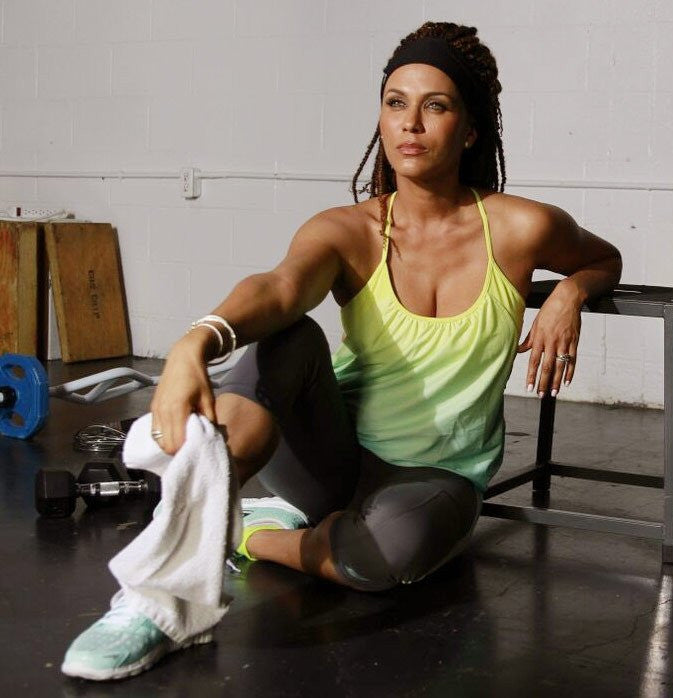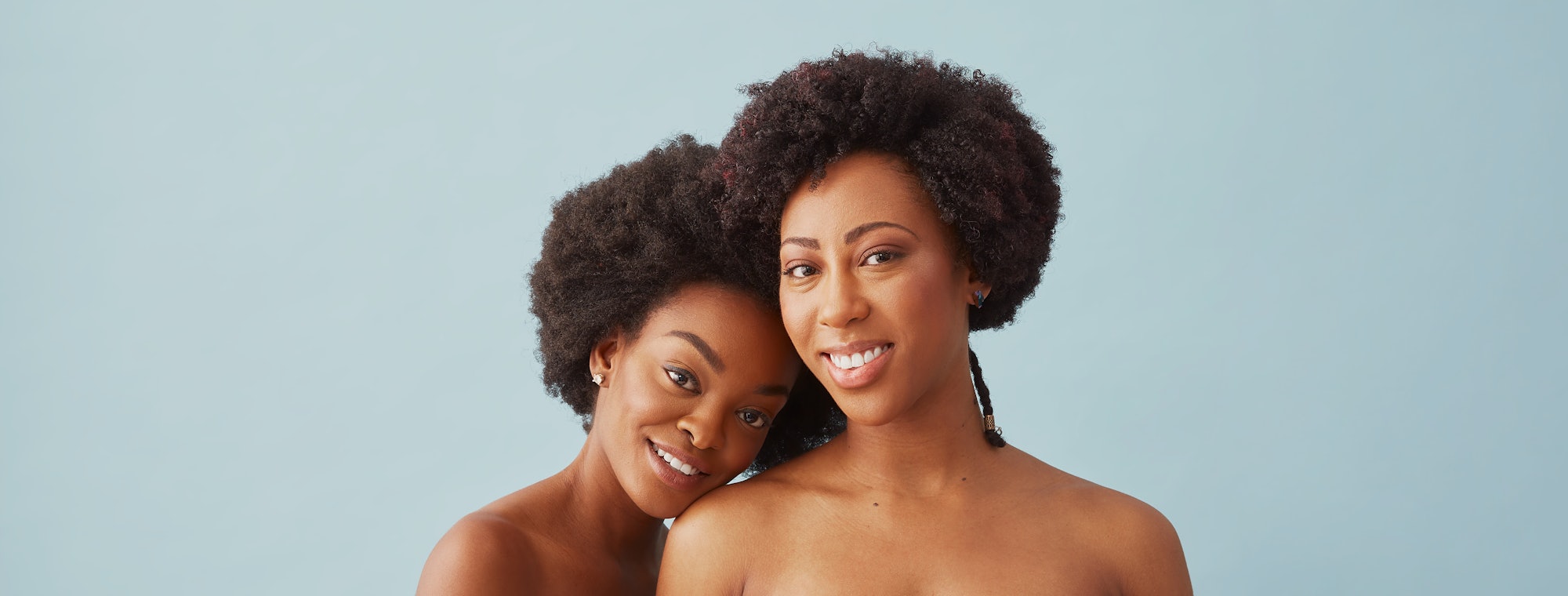
African hair is one of the hardest to maintain, number one it’s has the slowest growth rate among the four types (Asian, Caucasian, Indian and African).
African hair shrinks in cold weather, tangles and loses moisture very quickly, because of this breakage occurs more this type of hair than the others that’s why extra care is needed.

Now that we have mentioned how hard it is to maintain African hair, you can imagine how tough it can be to keep up maintenance if you love exercising. I guess that’s why many women would easily pass a workout session after they have visited the salon.
When you put time and money into your hair, the last thing you want to do is ruin it with 30 minutes of excessive sweat- and if you only wash your hair once a week, how on earth are you supposed to work out several times a week?!
You know the saying, where there is a will there is a way? Yes, there is always a way out, here are some.
1. Put your hair up.
Try a bun, ponytail, or pineapple to keep your curls off your face and neck, which will reduce contact with sweat and sweat overall. You can also try a low-manipulation protective style (such as twists, cornrows, or braids using your natural hair) and leave it in for the week until you’re ready to wash your hair.
2. Don’t be afraid of sweat!

With the right exercise and washing routine to keep your hair moisturized, you don’t need to hold yourself back from a good workout.
3. Do optimize for cooler environments if sweat and frizz continue to be a problem.

If you live in a warm climate, work out early in the morning or in the evenings when it’s cooler, or turn the heat down in your house while you do weights.
4. Don’t tie your headband or scarf too tight.

While satin protects your hair from breakage, it can increase and trap sweat if you overdo it. Let your scalp breath!
5. That said, Do use a satin-lined scarf or headband.

This will prevent your edges from getting frizzy. Satin will reduce friction and breakage during your workout.
6. Don’t touch your hair or take out your scarf/headband until your hair is dry.

Taking it down while it’s still wet will increase frizz. You can use the cool setting on a blow dryer to speed up this process!
7. Do refresh your scalp and hair.

Use a cowash or essential oils if your hair feels dirty or sweaty in-between workouts. Many naturals who work out frequently opt to shampoo once a week and cowash mid-week. Use a moisturizer or leave-in conditioner every day to prevent dryness and breakage.
8. Don’t shampoo your hair after every workout.

Sweat already dries out your hair, and using shampoo, in addition, will remove natural oils from your hair and dry it out even more. When you do shampoo, use a sulfate free shampoo like NaturAll Club’s Cleansing Avocado Shampoo that will clean your hair without stripping moisture.
9. Do make a schedule and stick to it.

A schedule will help you coordinate your hair and workout schedules. If you plan ahead, you won’t have to make a choice between caring for your health and your hair.
10. Don’t forget to drink water and eat well.

Not only does this keep your hair healthy, but healthy foods and sufficient water will make your workouts more effective and help you get stronger.
11. Do deep condition every two weeks.

A deep conditioning routine is essential to replenish your hair with moisture and protect it from damage and sweat. Our Avocado Deep Conditioners are especially formulated to protect and repair dry, damaged, or dull hair with natural nutrients and moisture.